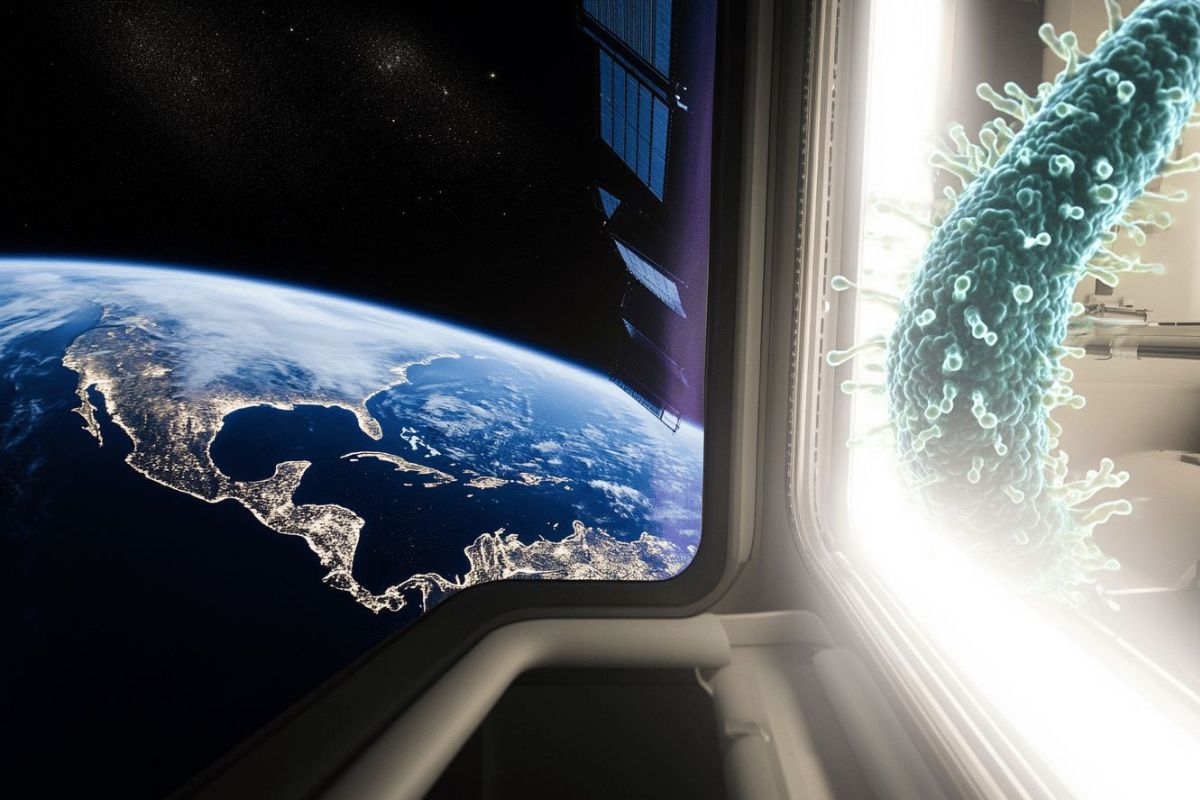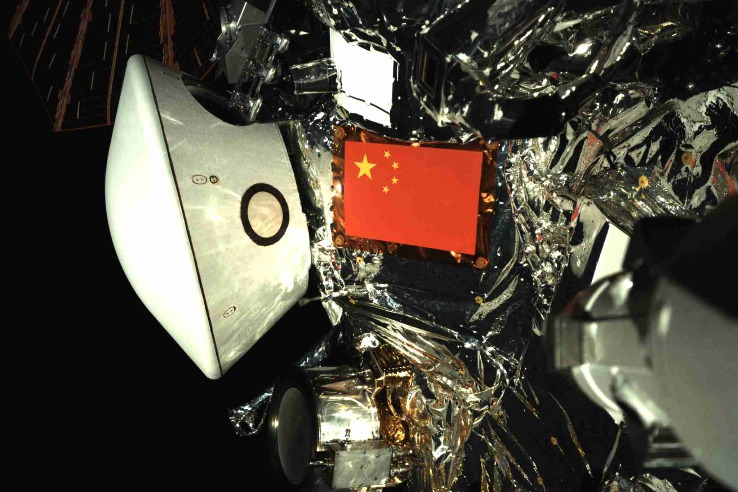A New Space Race: Can Global Agreements Prevent Conflict on the Moon?

As nations set their sights on the Moon, the stakes couldn't be higher. With the US and China vying for lunar dominance, a coalition of countries is stepping up to ensure that our celestial neighbor doesn't become a battleground. This is a race like no other, and it's unfolding right before our eyes.
During the International Astronautical Congress in Sydney, signatories to the Artemis Accords—a US-led initiative aimed at fostering responsible lunar exploration—gathered to discuss how to keep the peace in space. Launched in 2020, the accords have seen remarkable growth, now boasting 56 countries committed to preventing conflicts as lunar missions ramp up.
Dr. Ahmad Al Falasi, UAE Minister of Sports and Chairman of the UAE Space Agency, emphasized the importance of collaboration, saying, “Through our active participation in the Artemis Accords, we aim to reinforce the principles of transparency, sustainability, and innovation in space activities.” With such a diverse assembly of nations, the hope is that collective efforts will maintain a peaceful approach to exploration.
Yet, the absence of China from the accords poses a challenge. As lunar traffic increases, the need for coordination becomes unavoidable—much like how nations learned to manage air traffic on Earth during the Cold War. Dr. Dimitra Atri from NYU Abu Dhabi warns that while competition could spur innovation, it also raises questions about how we will manage our efforts in this new frontier.
In the quest to become the first nation to establish a human presence on the Moon, the US is planning to send four astronauts around the lunar surface on the Artemis II mission in April 2026. Meanwhile, China aims to land its own astronauts by 2030, although details remain tightly under wraps. The real question is: will the US, with its international allies, reach the Moon first?
Supporting this race are private companies like SpaceX and Blue Origin, which are developing crucial technologies to make lunar travel a reality. As NASA’s Artemis program moves forward, the financial sustainability of these ventures comes into question, especially with the Super Launch System's staggering costs of up to $4 billion per launch.
As the US and China accelerate their plans, international cooperation could be the key to ensuring that the Moon remains a place of discovery and not conflict. Amidst rising competition, perhaps the greatest opportunity lies in shared knowledge and resources.



























